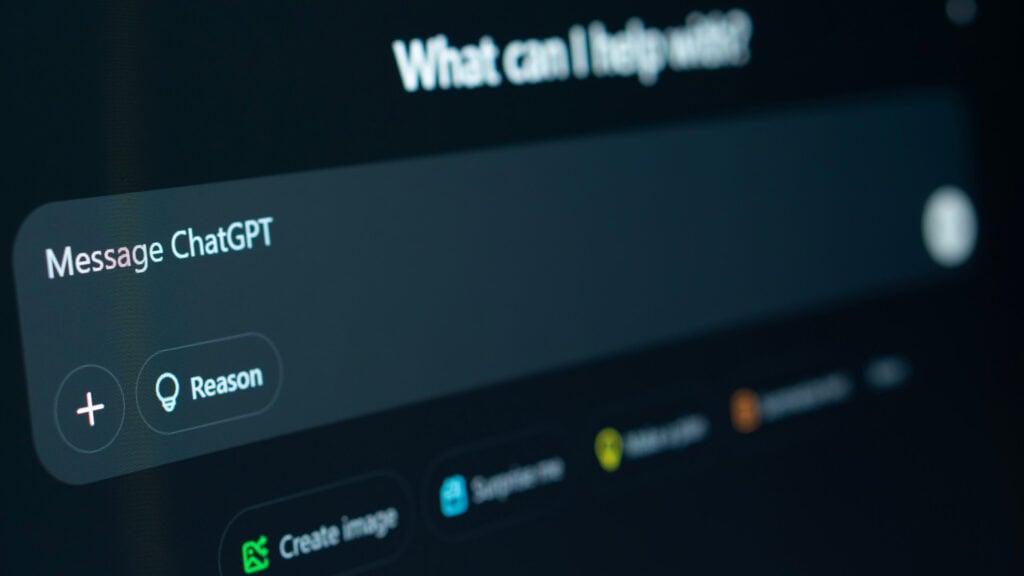“Please” and “thank you” to ChatGPT devour electricity costs in the tens of millions – OpenAI boss confirms surprising figures.
What seems harmless at first turns out to be a costly luxury: polite phrases to artificial intelligence cost considerable sums of money. OpenAI CEO Sam Altman recently confirmed on the social media platform X that simple courtesies such as “please” and “thank you” cost his company “tens of millions” – and added cryptically: “You never know.”
Computing monster in the background
The reason for these surprisingly high costs lies in the technical infrastructure. Chatbots like ChatGPT are based on Large Language Models (LLMs), which rely on massive computing power in data centers. The efficient operation of these models requires thousands of high-performance GPUs (Graphics Processing Units) working in parallel to interpret input and generate responses in real time.
The power requirements of these data centers are enormous. According to estimates, even a single AI-generated response – such as a short email or a paragraph – consumes up to 0.14 kilowatt hours (kWh) of energy. This is roughly equivalent to the power consumption of 14 LED lamps shining for one hour.
Global impact
With billions of interactions every day, energy consumption is rapidly adding up. Data centers already account for around 2 percent of total power consumption worldwide. With the rapid expansion of AI applications and the increasing demand for generative AI services such as ChatGPT, experts warn that this proportion could rise significantly in the coming years.
Politeness shapes AI interactions
Despite the cost, AI experts argue that politeness has a positive impact on AI interactions. Kurtis Beavers, design director for Microsoft Copilot, advocates respectful input: “It helps to generate respectful and collaborative outputs.”
According to Beavers, polite wording not only reflects good manners, but actively influences how the AI responds. “When it registers politeness, it is more inclined to respond politely back,” according to Microsoft WorkLab, a digital publication from the software giant that deals specifically with the integration of AI in the workplace.
Altman’s comment that the millions were “well invested” indicates that OpenAI considers this effect to be valuable – even though the costs are considerable. He may also see it as an investment in the future human-machine relationship.






